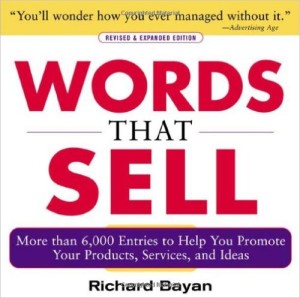Double Duty Business Blogging

“Provide valuable information to people who need it, and let word-of-mouth marketing do the rest.” No, this advice wasn’t being given to bloggers; practice management consultant Susan Kornegay, CFP® was telling financial planning practitioners (in the Journal of Financial Planning) about the benefits of using informational booklets as marketing tools for their professional practices. “When clients take home your booklet or checklist, it’s almost as though you’re going home with them. They’ll be reminded of how well you take care of them whenever they look at it or show it to someone else,” Kornegay adds.
When readers “take home” or access the content of our blog posts, even if they are not yet clients (and therefore do not yet have proof of how well we are going to take care of them), the hope is that they will, in fact, share that content with others. In surveys, it was discovered that the main reason people share online content is that they enjoy bringing value to others, potentially changing opinions and nourishing relationships. The key word here is “value” – pack your content with more information, more practical advice, and more thought-provoking statements, Garrett Moon of coschedule.com advises.
“Why your own?” asks Kornegay, acknowledging that broker-dealers, wholesalers, and organizations offer plenty of brochures, booklets and checklists financial planning practitioners could simply order and hand out to their clients. “But wouldn’t your clients appreciate having something that represents your thoughts, your experience, and your perspective as their trusted adviser?” she suggests. Kornegay’s steps on how to put resources together might serve as a tutorial for business blog content writers:
- Think about your ideal clients and what would help them
- Base the content on your own experience and process
- Use graphic design, incorporating your own branding and contact information
- Make copies available (Kornegay mentions placing brochures on your credenza, bookshelf, table, conference room and waiting area, but digital availability can be enhanced through email, social media promotions, and guest posting)
Creating materials of “your own” does not rule out aggregating resources for the benefit of your readers. Even Kornegay mentions that “online research can help you organize your thoughts and perhaps spark some additional ideas.” But, I agree, aggregating resources is hardly enough; business blog content writers need to add their own “spin” to the material based on their own business wisdom and expertise.
Use your online content, first and foremost, to provide value. When readers “take home” your content and share it with others, it’s almost as if you’re going home with them!





Follow us online!